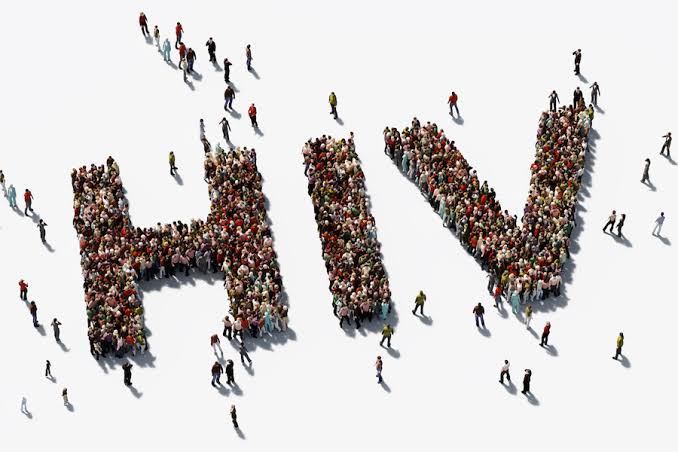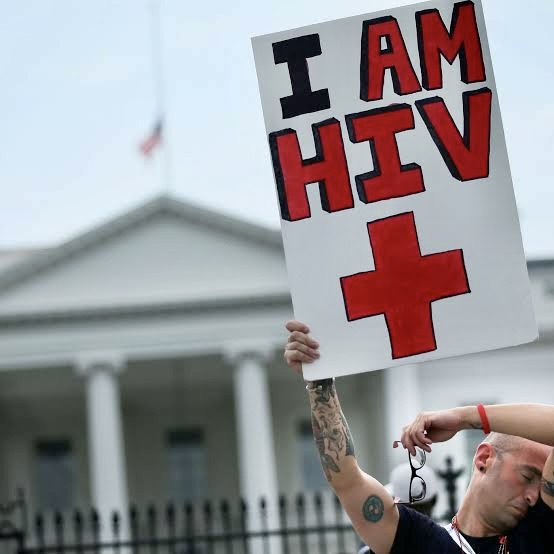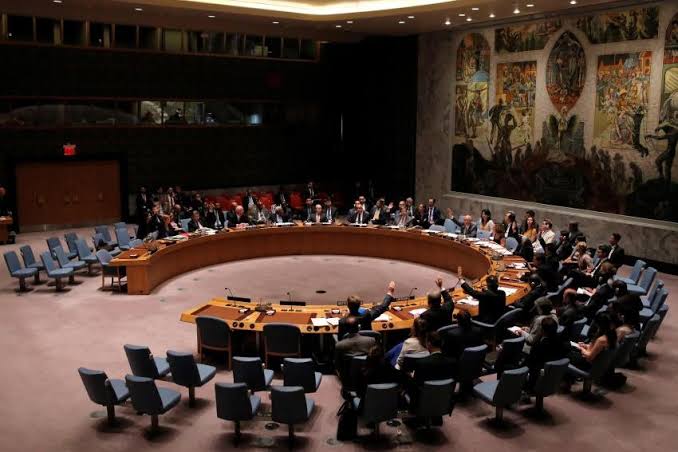
Faith Nyasuguta
Anti-homosexuality laws not only violate human rights but also hinder access to crucial health services, severely impeding progress in the global fight against HIV, warns a senior UN official.
Sixty-seven countries criminalize gay sex, nearly half of them in Africa, where HIV prevalence rates among gay men are five times higher.
Uganda’s recent harsh anti-LGBTQ+ laws, including life imprisonment for gay sex and the death penalty for “aggravated homosexuality,” have exacerbated human rights abuses and hampered HIV prevention and treatment efforts.
Winnie Byanyima, UNAids Executive Director, emphasizes the detrimental impact of criminalizing LGBTQ+ communities, impeding their access to essential health services and undermining the HIV response.
Lois Chingandu from Frontline AIDS urges countries to counter anti-rights narratives and invest in HIV prevention. Well-funded movements promoting anti-gender and anti-LGBTQ+ views contribute to these challenges.
With the recent celebration of World AIDS Day, the UN reports that one life is lost to HIV every minute, with 1.3 million new infections last year. Despite successes like 30 million people globally on HIV treatment, a 60% drop in new infections since 1995, and a 70% decrease in deaths since 2004, challenges persist.
Adolescent girls and young women in sub-Saharan Africa face high infection risks, and backlash against sex education exacerbates vulnerabilities.
Byanyima highlights the vulnerability of girls and young women due to gender-based violence and opposition to sex education. Lack of sexual education makes young people more susceptible to HIV.
The report reveals that out of 120 countries with national condom plans, only 39 endorse condom promotion in secondary schools, and just 21 allow distribution.
While there’s no cure or vaccine for HIV, 30 million people globally are on treatment, preventing progression to AIDS. Despite progress, global anti-rights sentiments jeopardize democracy, personal freedom, and public health.
Notably, five countries achieved 2025 targets for HIV awareness, treatment, and viral suppression. On a positive note, a vaginal ring gaining regulatory approval in 11 African countries offers women an option to reduce HIV infection risk.

The ring releases the antiretroviral drug dapivirine over a month, addressing the disproportionate impact of HIV on women.
“Women bear the brunt of the HIV/Aids epidemic,” said Jim Sailer, the Population council’s interim co-president.
“The virus is one of the biggest threats to the health and wellbeing of women … We cannot achieve the sustainable development goal of ending HIV by 2030 unless we curtail this epidemic in women. Women deserve multiple options to protect themselves against this lifelong disease.”
RELATED:




